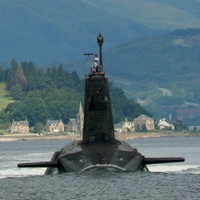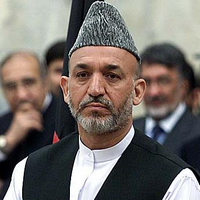
The governments that emerge in the aftermath of the uprisings in the Middle East will face a challenge as daunting as any faced by the men who ruled for decades before them: They must urgently improve living standards for the millions who now demand change — and they must do it in the wake of unrest that has caused already-dismal economic conditions to worsen even more. Despite the loud calls for democracy and freedom, the real engine of the Arab revolts has not been philosophical or political. Above all, the popular revolutions have been motivated by a pressing need for […]


